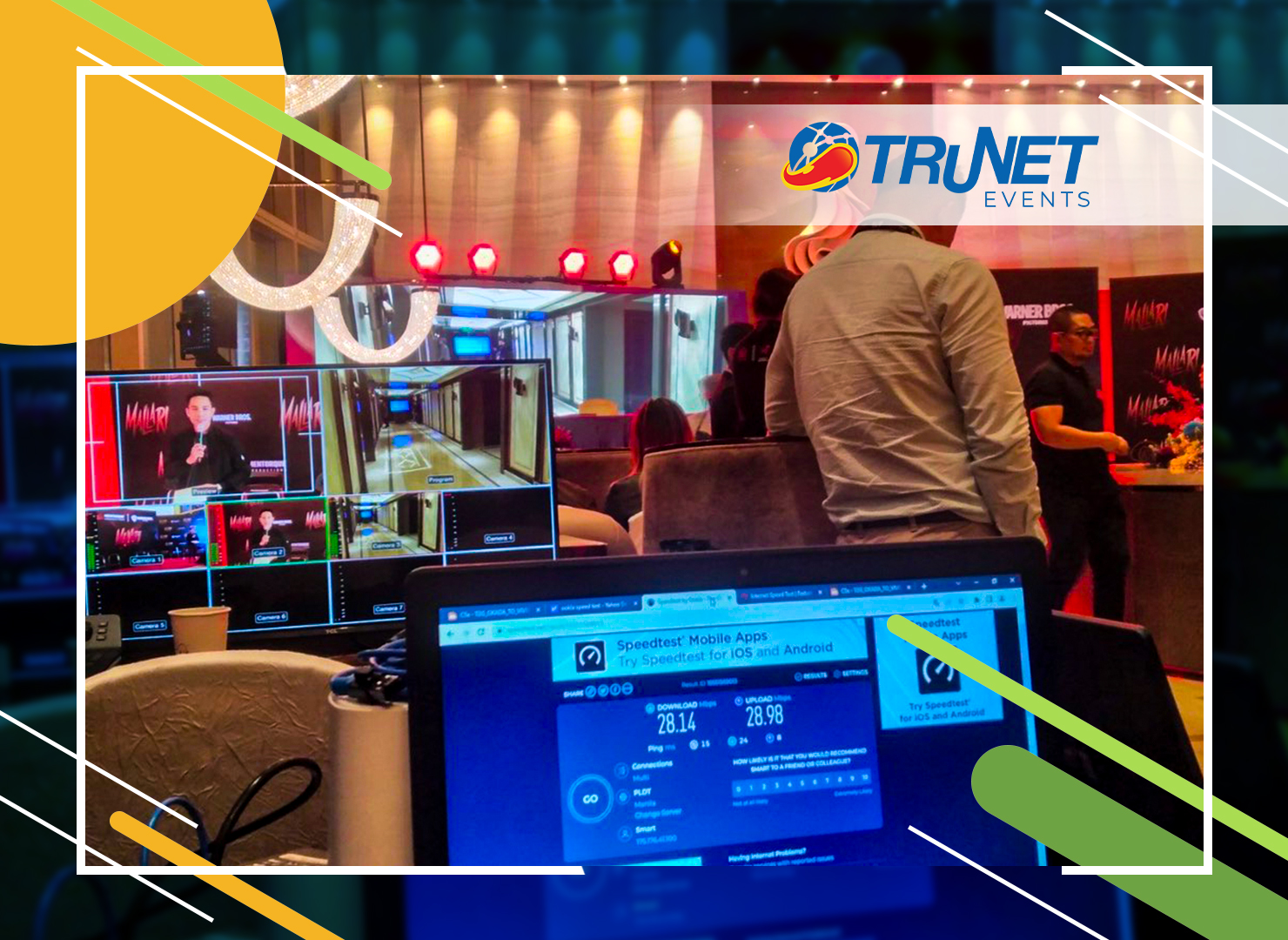Capitalizing on the Inevitable: What We Can Learn From Esports
The COVID-19 pandemic has suspended sporting events indefinitely, resulting to billions of dollars in loss. On the other hand, a not-so-new trend is on the rise: eSports.
Esports, also known as electronic sports, refers to organized, multiplayer video game competitions. In 2019, experts forecasted the rapid growth of the eSports industry, with the annual revenue to hit $1.5 billion. In terms of business model, esports is similar to professional sports with the majority of revenue coming from advertising and broadcasting. Although it was initially foreseen that 40 percent of gamers will be watching esports events at least once a week in 2020, this is expected to increase exponentially as more people will engage in online games and players will have more time to spend indoors.
Not Without Challenge
A portion of eSports’ revenue relies on live events, and empty arenas mean revenue loss. Fortunately, prior to the pandemic, most of the deals between eSport leagues, platforms and advertising agencies were already agreed upon.
“We have directors, producers, broadcast engineers and professional gamers all working remotely to recreate the excitement and quality of a live event,” says Mike Sepso, co-founder and CEO of the eSports infrastructure platform Vindex.
Despite the decline in eSports revenue, the industry will continue to thrive with the inevitable consequences of the pandemic.
Physical Sports Turn to Esports
As stadiums are closed and social distancing protocols have made it impossible to conduct in-person plays, sports leagues have resorted to eSports as a fallback mechanism to continuously provide content for fans and gain traction during the current crisis. For instance, Liga MX, Mexico’s leading football league, launched an eSports tournament dubbed, “eLIGA MX,” played by professional footballers themselves. Italy and Spain’s major football leagues started the trend, which aims to encourage their fans to stay at home to avoid the spread of the deadly virus.
One of the most successful sporting events to be augmented is NASCAR, with its iRacing Series attracting a peak of 1.3 million viewers. Formula One is also intending to launch a sim racing series. NBA and FIFA are also planning to follow suit.
Additionally, several esports competitions are being shown on sports channels to fill the airing period of scheduled sports content that were cancelled in the wake of the pandemic.
As a result of the low-cost marketing it benefited from the crisis and highly profitable opportunity from the augmentation of physical games, the industry’s value has risen tremendously.
Resilience of the Industry
In general, eSports industry remains almost unbothered. In fact, fans can anticipate a growing list of tournaments and events to keep them entertained. From shout casters, operators, teams and players, it’s operation as usual because eSports is here to stay.









